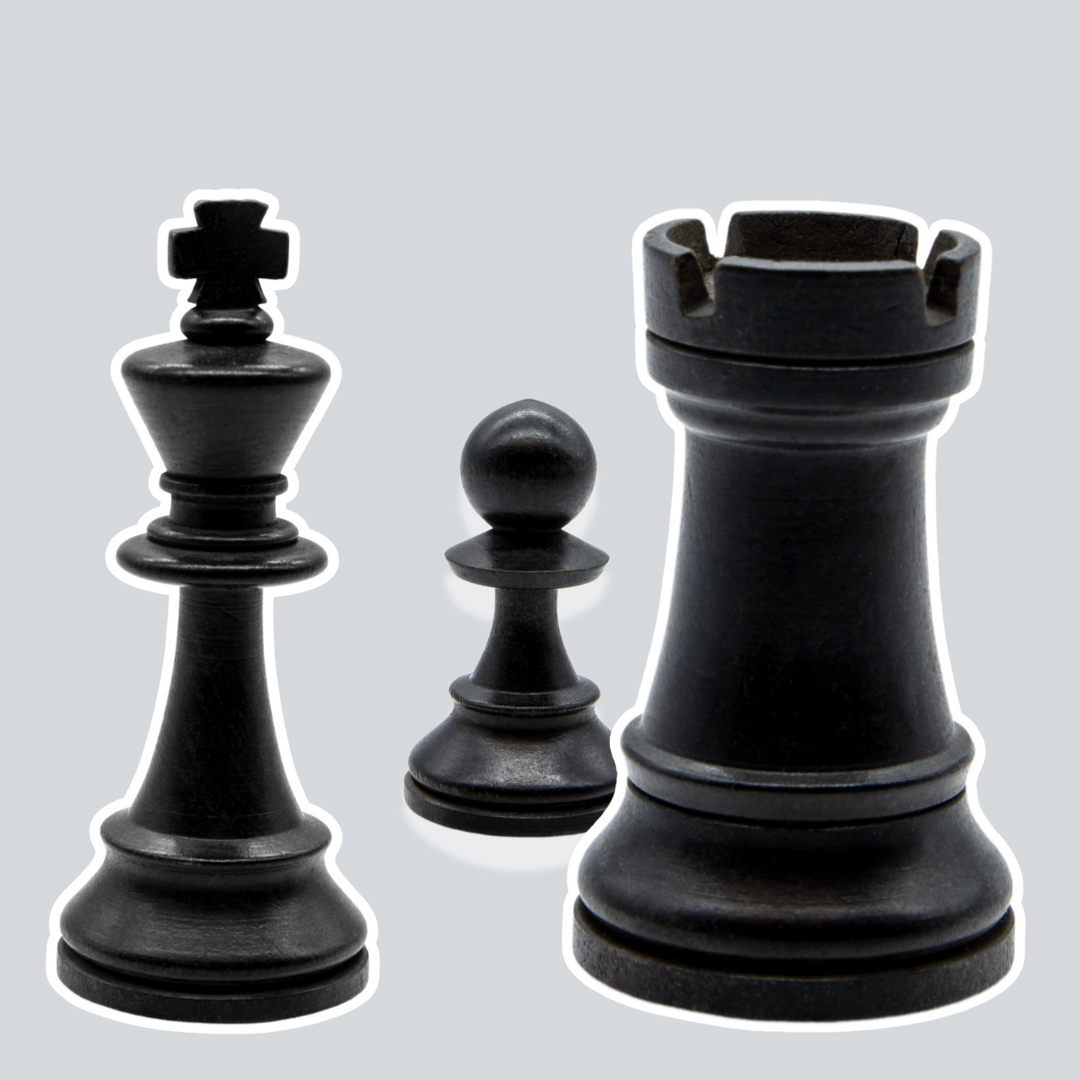You’re Always In A Mood!
Moods influence your life 24/7, but how good are you at using them to your advantage?
I recently told a 15-year-old that she was always in a mood.
“That’s rude!” she snapped, “I can’t help it! Are you trying to deny me the right to express my emotions?”
Her words played like a social media reel.
“No”, I replied, “I’m stating a biological fact. Moods are always with us. They are an outfit we must always wear. You can choose the style, colour and shape of that outfit and you can change it as often as you like, but moods are inescapable and always influencing the way you show up in the world.”
Judging by the contorted look on her face, my comparison with clothing caused more consternation than clarity, so I gave her a Ted Talk on moods.
We’re all very moody.
Moods are states of mind or feelings that are non-specific and lingering.
You can feel a flash (or flush!) of emotion, such as anger and love, but you don’t feel a flash of a mood. You’ll wake up in an irritable mood without knowing exactly why that’s so, or you’ll notice you’re in a good mood for no reason. Once present, those feelings might stay with you for an hour, a day, a week or months.
Neuroscience is yet to deliver any definitive answers about why we have moods. Many researchers and philosophers believe that moods exist to set the stage for emotions. If you’re in a negative mind space, you will be more sensitive to conflict and problems, preloading your mind for anger, shame and guilt. When you’re in a good mood, you are more inclined to see a world full of opportunity and beauty, setting the stage for creativity, love and joy.
Moods are generated in the most ancient regions of the human brain, making them one of our oldest cognitive functions, and that’s why they feel vague. They are a pure form of instinct, untainted by the frontal lobe’s analytical thoughts, which evolved much later.
Contrary to the popular expression, you and I are always “in a mood”. A healthy human brain has all regions operating 24/7, which means those centres that generate moods are also active. You can’t escape experiencing moods but can shape them to your advantage.
Your mood filters your view.
A few months ago, I took our dog Lucy for a walk across our farm’s paddocks.
This ritual, affectionately known as Paw Patrol, happens a few times a week. As much as I love to run and ride horses, I gain a lot from walking and observing the finer details of life on the property and often, I’ll spot something out of the ordinary.

That day I noticed a brown lump at the bottom of a ridge. I had stopped halfway up a hill to sit briefly on a rock and enjoy the view. About 300 metres away, I spied a lump the size of an odd-shaped basketball. It looked pale on top and darker brown around the base.
The moment I saw it, my heart sank.
“Oh goodness, not another one,” I muttered to myself.
We had lost a few lambs and a calf in the weeks prior. A cold weather snap had tested their young bodies, and, in their weakened state, they fell prey to feral pigs and dogs.
Lucy wandered toward the brown lump, perhaps drawn by the smell of dried blood. I wondered if I was cut out for farm life, given that I couldn’t protect the animals in my care. I looked down at my feet and kicked at a clump of grass.
When I eventually lifted my eyes, Lucy was making her final approach.
The lump is a strange brown, I thought, too dusty red for a lamb but too pale for a calf.
I looked closer.
Then, before I could blink twice, the “dead baby” moved, and two ears pricked skyward.
It was a kangaroo, startled from its sleep by Lucy!
I had a lot more pep in my step for the rest of Paw Patrol. My plans for developing the farm were back in action, and my mind imagined all sorts of wonderful possibilities as we wandered around the hills.
Shape your mood, or it will shape you.
Negative moods silently kill good intentions.
When I started Paw Patrol that day, I wasn’t especially aware of my melancholy mood, but it was there. The dull weather or subconscious thoughts of the recent deaths may have fueled it.
That state of mind filtered how I viewed the scene in the paddock. I saw death rather than an animal enjoying a relaxing moment, which negatively affected my motivation and self-esteem.
With an ounce of extra information (two ears moved), my mood and view of the world changed rapidly. I felt happy, energised and creative.
That same chain reaction occurs in every moment of my life, giving moods an enormous amount of control over my destiny. I choose to use that to my advantage.
Sometimes if I’m interacting with people or doing a task that matters, I’ll quickly check into how I’m feeling. If I’m in a negative space, I’ll hunt out extra information to reshape that mood.
I always get dramatically better outcomes for minimal effort, and that’s the type of mindset win I always love to have.



